PlayStation, Xbox, and Nintendo have been locked in a console war in the last few years for dominance over the gaming industry. However, the industry is moving beyond traditional consoles to embrace streaming services and cross-platform gaming.
 This shift in strategy might be perfectly timed given the changes in the gaming industry. | Image Credit: Gamescom/YouTube
This shift in strategy might be perfectly timed given the changes in the gaming industry. | Image Credit: Gamescom/YouTubeIn this new era of the industry, Xbox’s strategy has moved from battling PlayStation in console sales to a new direction. Under the leadership of Phil Spencer, Xbox has shifted its focus from simply outselling competitors to expanding the gaming industry as a whole.
Xbox has grown beyond just being a box you play games on
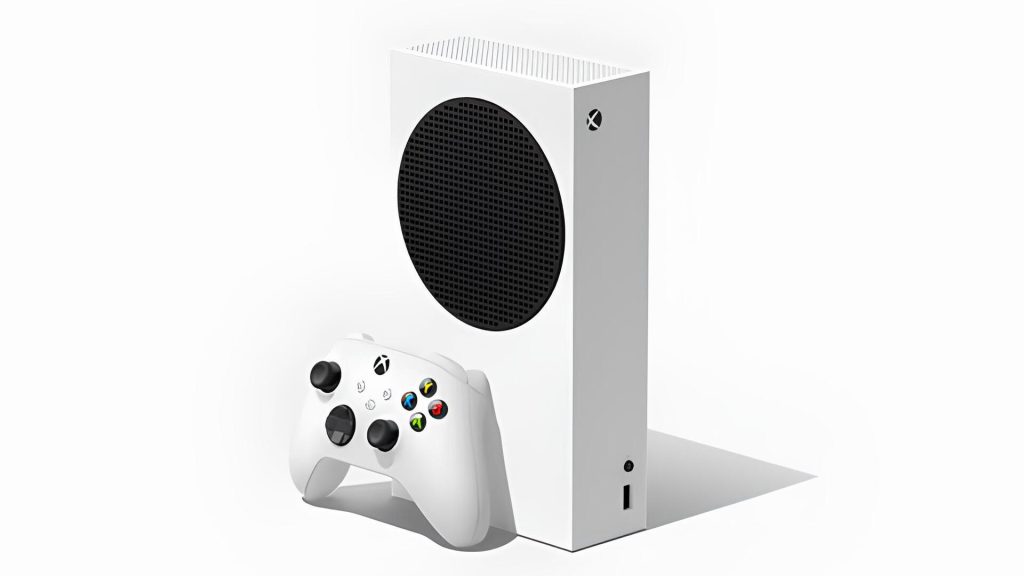 The brand is more than just a console now, it’s every screen. | Image Credit: Microsoft
The brand is more than just a console now, it’s every screen. | Image Credit: MicrosoftPhil Spencer’s comments across the last two years have made one thing clear: Xbox doesn’t view its success solely in terms of console sales. In 2023, he stated to The Guardian that Xbox wasn’t aiming to shrink Sony’s market share but instead sought to grow the overall gaming ecosystem.
If we’re just growing and Sony’s shrinking, that doesn’t help anybody. Maybe if all you care about is Xbox success versus Sony’s success, but in terms of an industry… it doesn’t help anybody if all we’re doing is trading one customer for another customer on a different console.
This vision emphasizes collaboration and innovation over rivalry, which is a big change from the traditional win-lose dynamic. By aiming to attract new gamers rather than cannibalizing existing markets, Microsoft wants to position itself in the best position.
Xbox Game Pass has become central to this strategy by giving players a vast library of games for a monthly subscription fee. With its GamePass Day One release and partnerships with developers, Microsoft encourages accessibility. Spencer described it as a “content fund” that enables creators to take risks.
This has proven to be a boon for both gamers and developers. Titles like Call of Duty: Black Ops 6, which debuted on Game Pass in 2024, are an example of its success. The game saw a 60% increase in sales across platforms, showing how Game Pass can act as a discovery tool rather than a replacement for traditional purchases.
Times are changing, and everyone needs to keep up
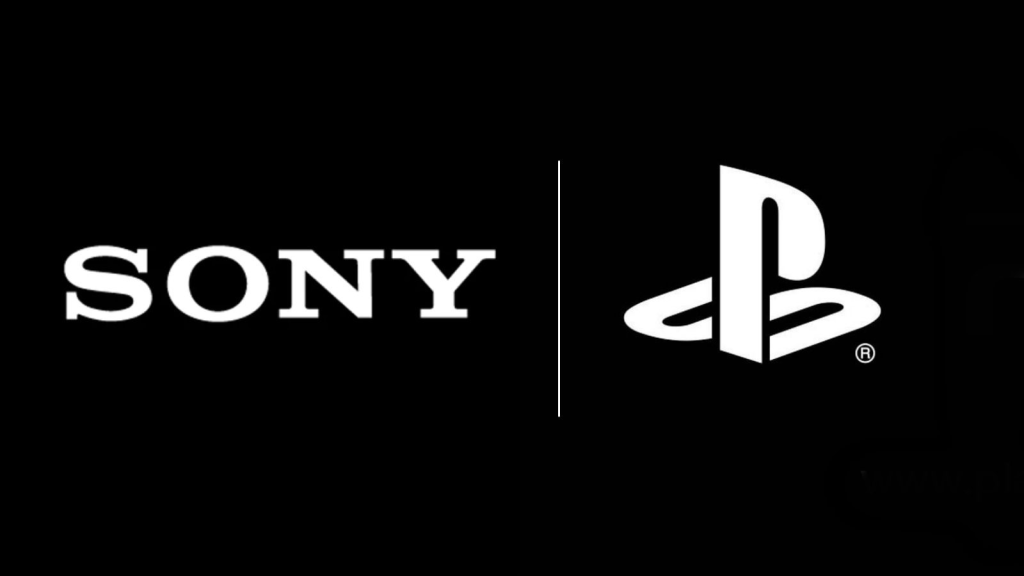 Even Sony has taken new steps to ensure it keeps up the the adapting industry. | Image Credit: Sony
Even Sony has taken new steps to ensure it keeps up the the adapting industry. | Image Credit: SonyThe Xbox 360 era is often remembered as the golden age for Microsoft’s console, but Spencer acknowledges that times have changed. While nostalgic gamers might want those days back, the reality is that Xbox’s current business is twice the size it was during the 360 generation. Instead of focusing solely on console exclusives, Xbox is leaning into partnerships, multi-platform releases, and cloud-based gaming.
Commentbyu/Hot-Cause-481 from discussion
inGames
Microsoft’s ambition extends beyond the console. With investments in cloud gaming and accessibility across devices, the company is betting on a future where gaming isn’t tethered to specific hardware. Spencer has stated that the company aims to make gaming accessible to people who may not own consoles, allowing play on PCs, tablets, and even smart TVs.
And this will get even better in the coming future. As internet access improves worldwide, services like Game Pass could bring high-quality gaming to regions where traditional consoles are impractical or unaffordable. With over 20 studios under its belt, Xbox now aims to offer a broader range of experiences rather than relying on a few marquee titles.
While Sony continues to lead in hardware sales, even its strategy is shifting. The company is expanding its flagship titles to PC and exploring live-service games, acknowledging that exclusive single-player games have a ceiling in terms of revenue.
What do you think the console and gaming industry will look like in the next decade? Let us know your thoughts!
.png)
 1 week ago
14
1 week ago
14
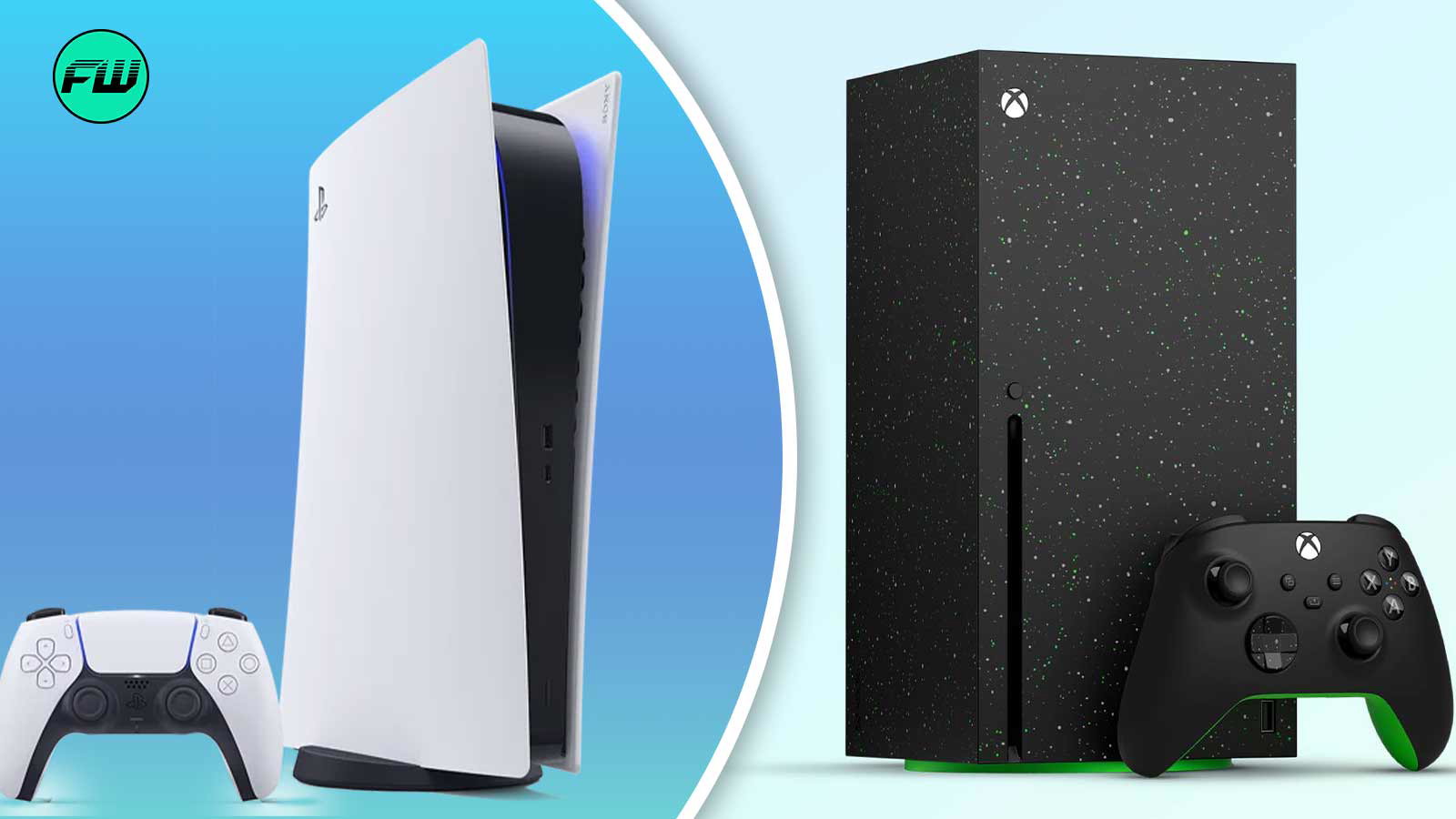

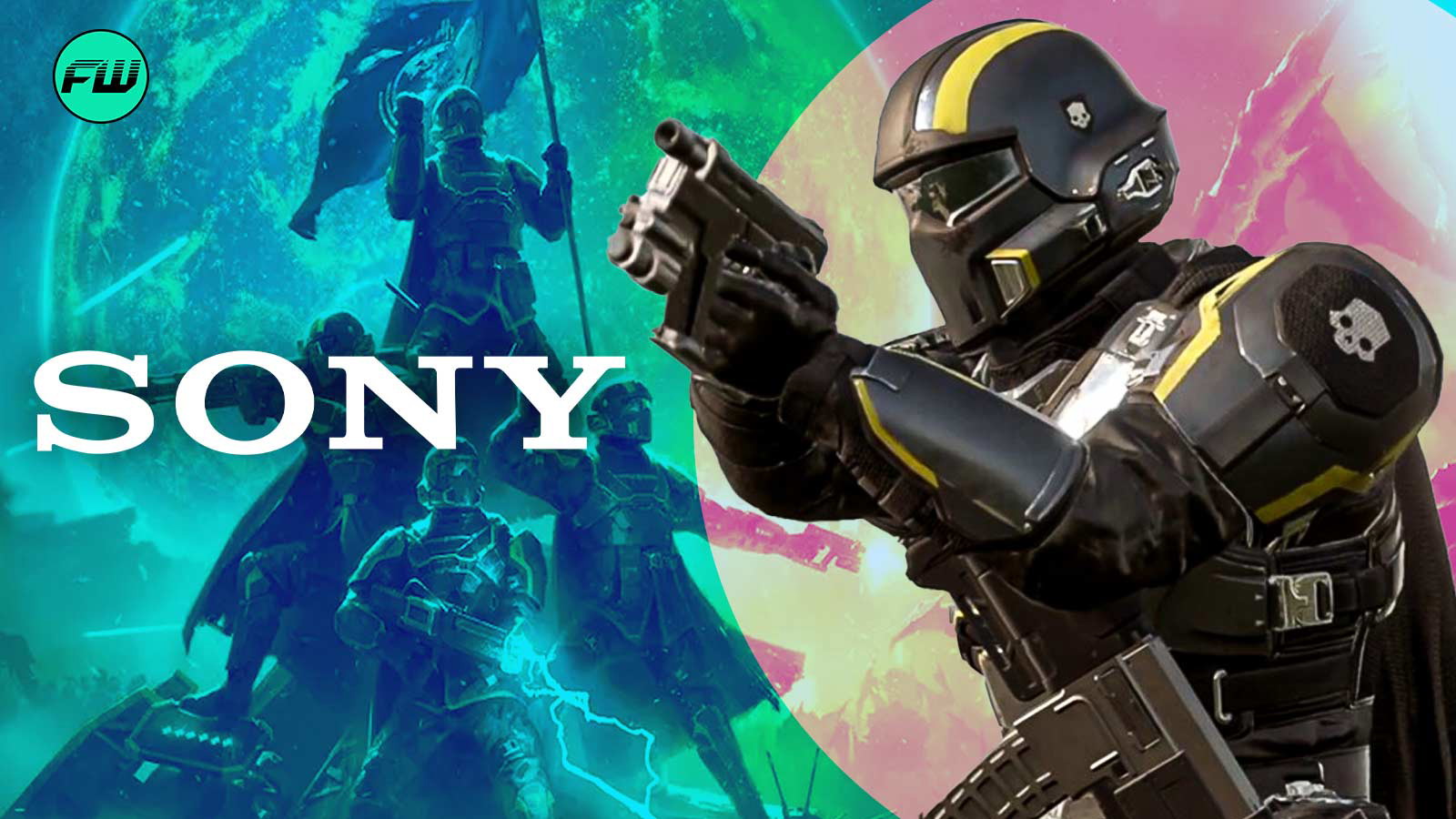
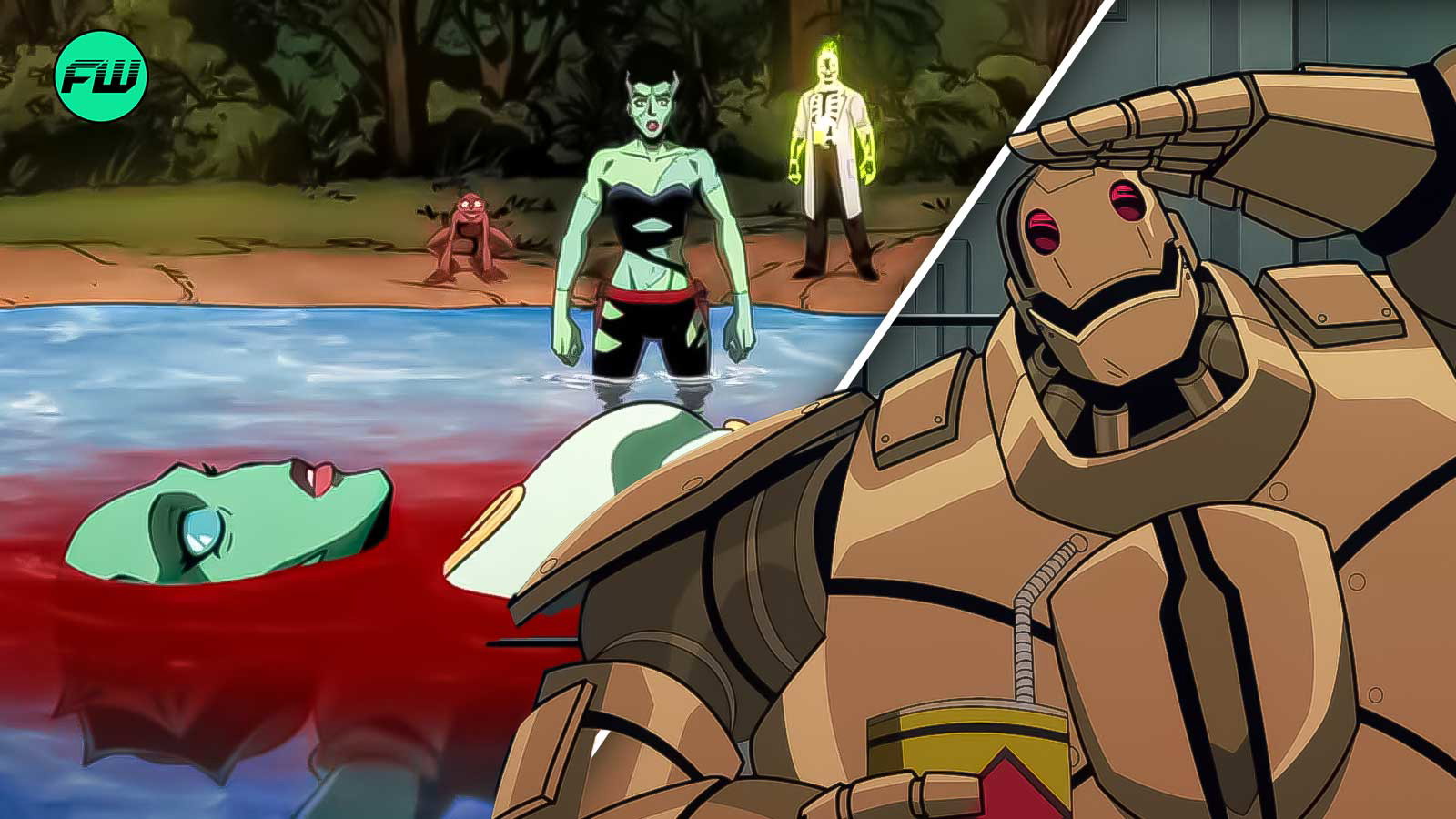
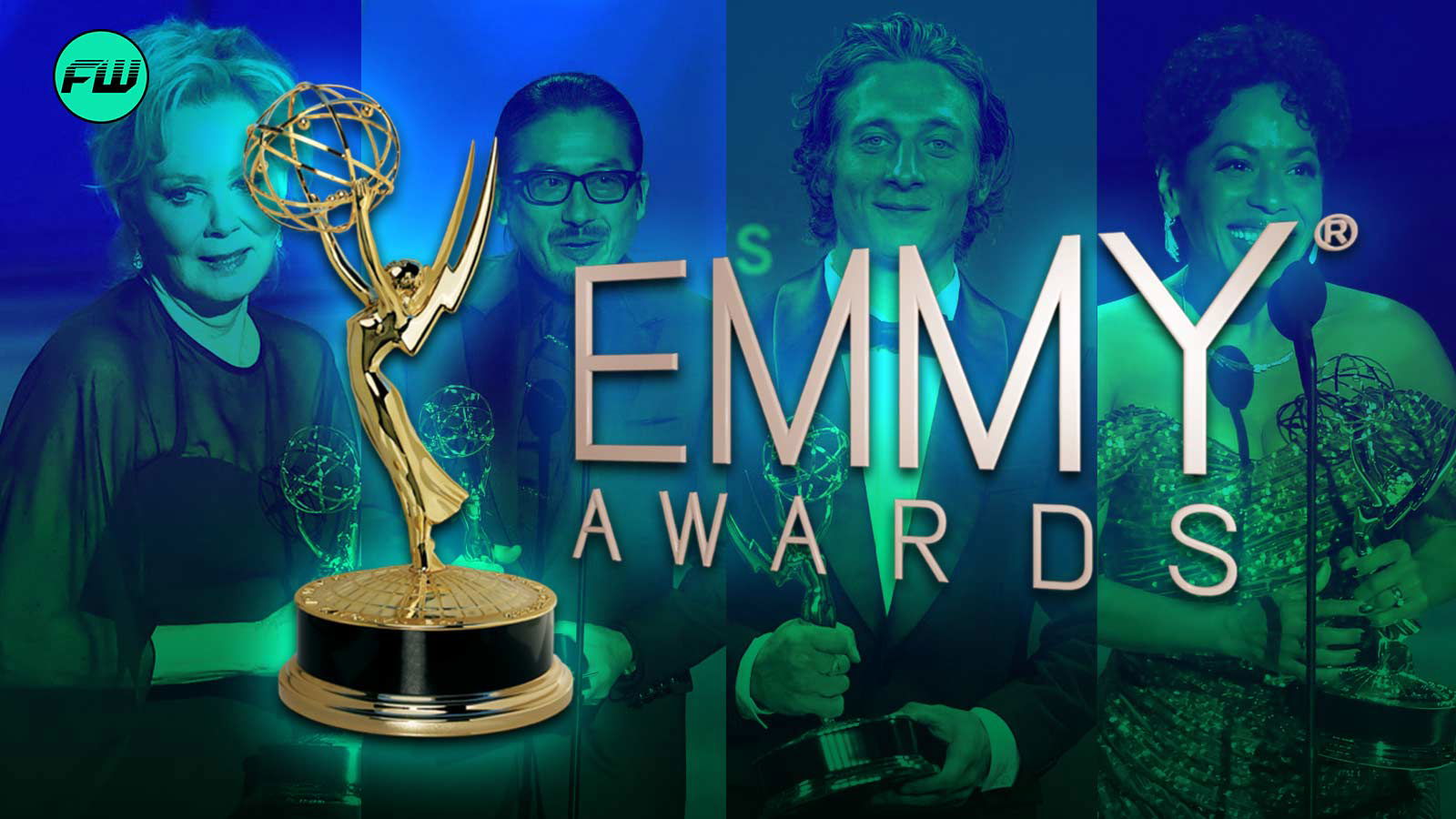


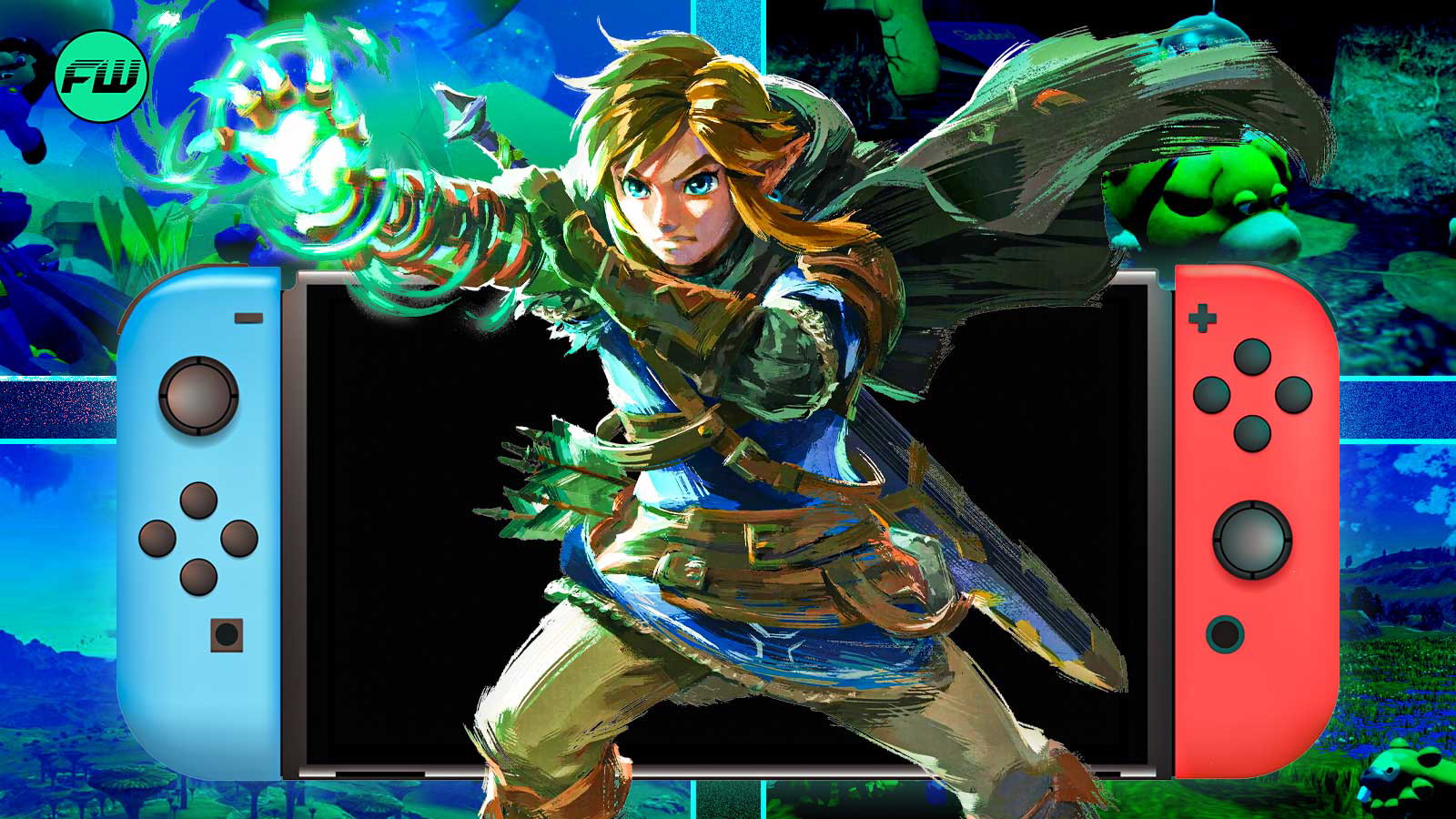



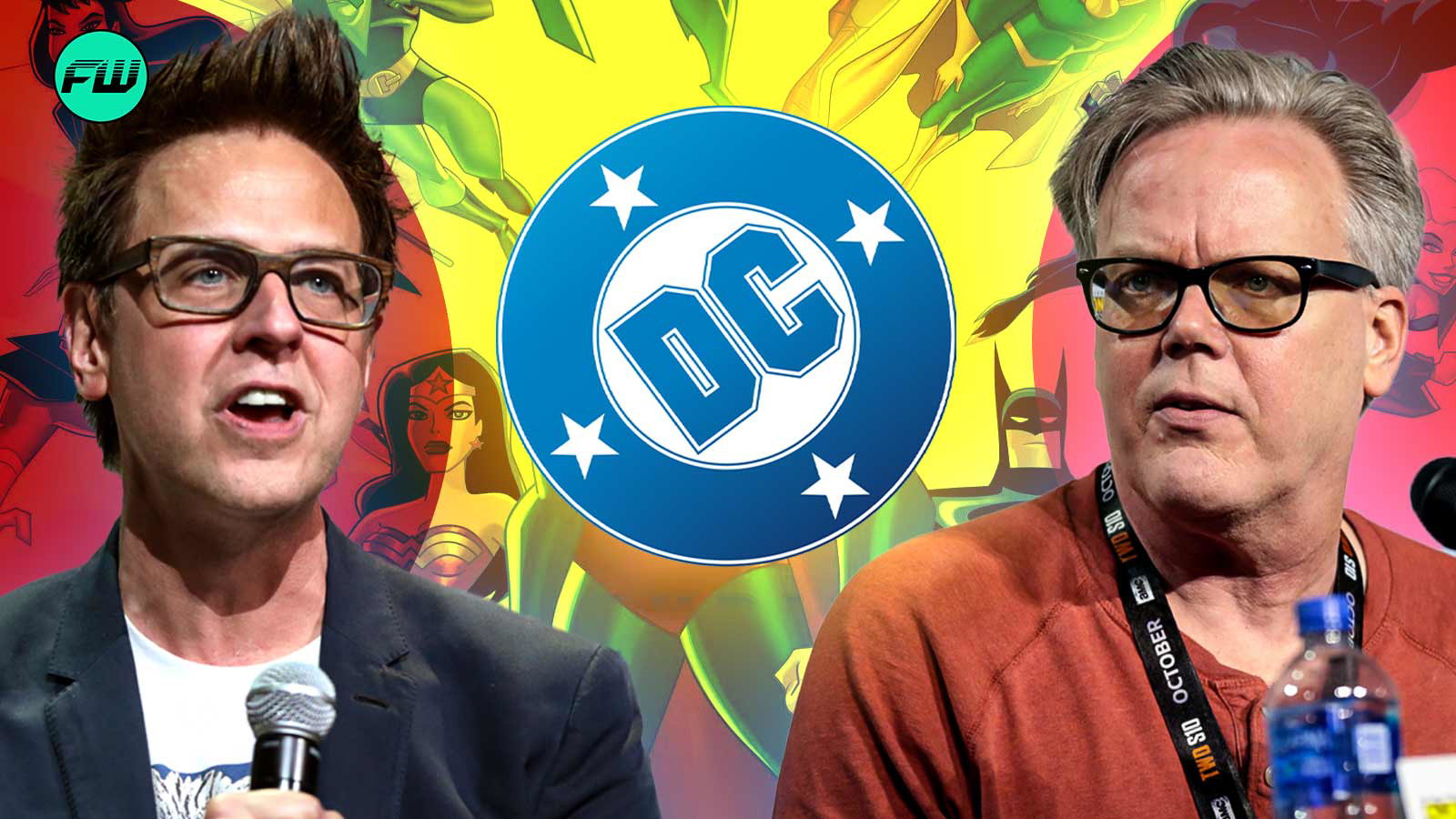
























 Bengali (BD) ·
Bengali (BD) ·  English (US) ·
English (US) ·